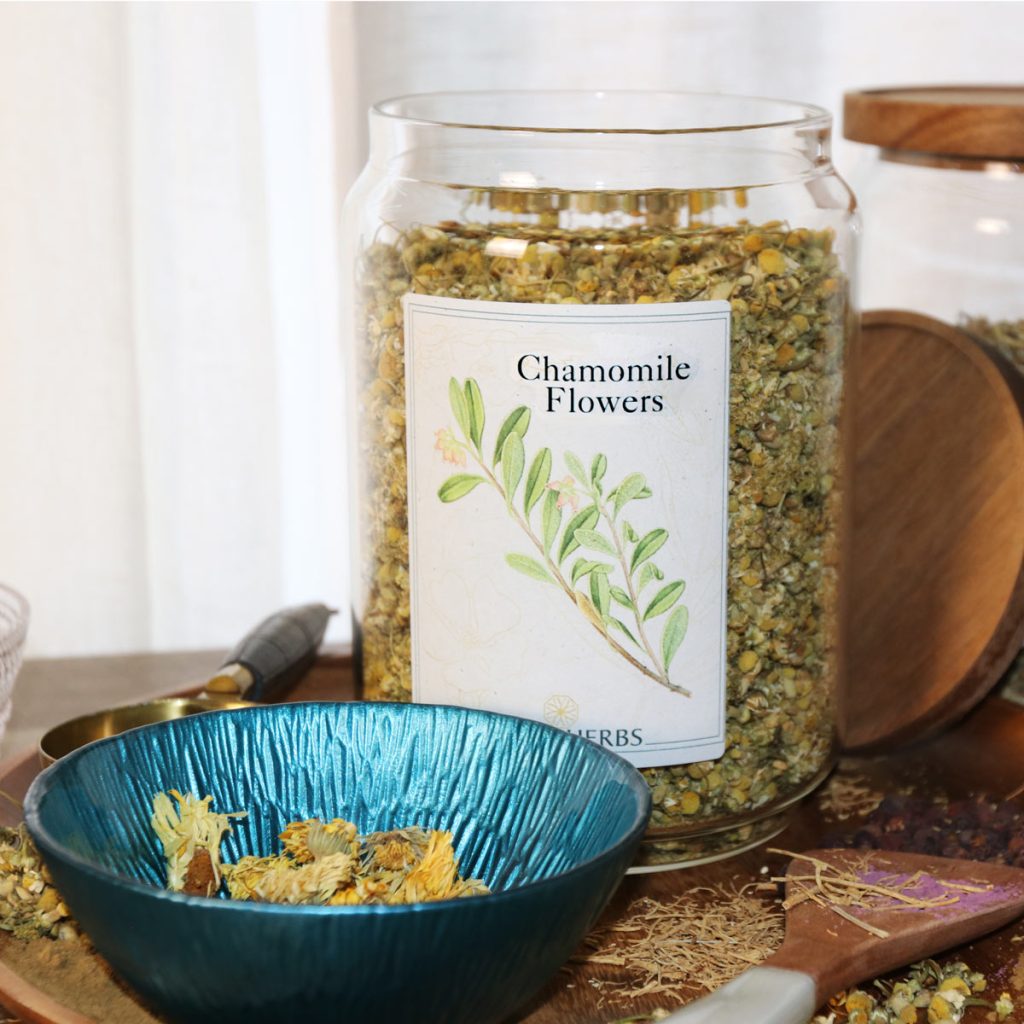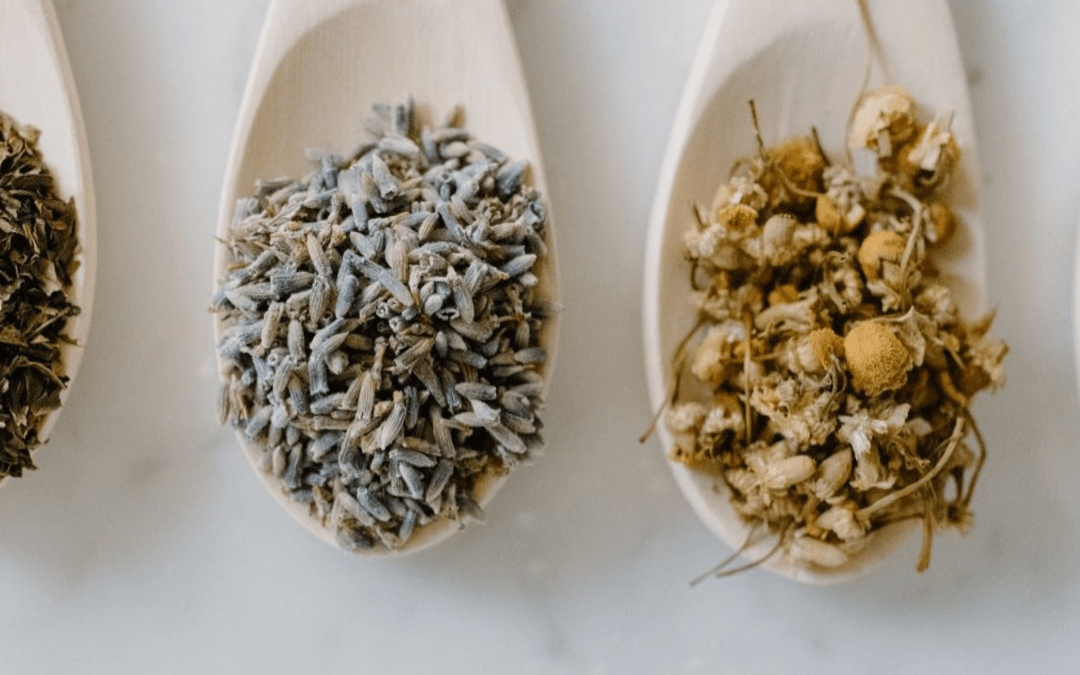Quality sleep isn’t a luxury—it’s foundational to health, performance, and overall well-being. In this article, we’ll explore why sleep is vital, how herbs like valerian, passionflower, and chamomile can gently support rest, and why these herbs are most effective when combined with strong lifestyle foundations. Finally, you’ll find a practical Herbal Sleep Ritual to help you create balance between nature, movement, and rest.
Why Sleep Is Vital for Health
Sleep is not simply a pause from daily life—it’s an active process of renewal and repair. During sleep, our bodies restore energy, regulate hormones, process emotions, and strengthen immunity. When sleep is compromised, every system feels the impact.
1. Physical Repair & Recovery
As you sleep, your body repairs tissues, regenerates cells, and releases growth hormones essential for recovery. Muscles rebuild, the brain clears out toxins, and your immune system strengthens—all while you rest.
2. Metabolism, Immunity & Energy
Sleep influences how your body processes glucose and balances hormones like cortisol and insulin. Too little sleep can lead to fatigue, sugar cravings, and metabolic imbalances that affect your mood and energy.
3. Brain, Mood & Cognitive Function
Good sleep supports emotional balance, memory, and focus. Without it, we’re more prone to irritability, anxiety, and mental fog. The brain relies on deep sleep cycles to process information and regulate mood.
4. The Foundations Matter
No herb or supplement can replace the foundations of restorative rest. Regular sleep schedules, balanced light exposure, movement, and a calming environment are what allow the body to respond fully to herbal support.
In short: herbs assist—but lifestyle habits activate the magic of recovery.
How Herbs Can Support Sleep
Valerian (Valeriana officinalis)
A time-honored herbal sedative, valerian helps ease the transition into sleep by modulating calming neurotransmitters like GABA. It may reduce the time it takes to fall asleep and improve overall sleep quality without morning grogginess.
Passionflower (Passiflora incarnata)
Known for its anxiolytic (anti-anxiety) effects, passionflower is ideal when restlessness or mental chatter keeps you awake. It soothes the nervous system and encourages a calmer state before bed.
Chamomile (Matricaria chamomilla)
A gentle classic, chamomile is both relaxing and anti-inflammatory. Sipping chamomile tea in the evening helps the body and mind unwind, easing digestive tension and promoting tranquility.

Why Herbs Alone Aren’t Enough
Herbs can calm the mind and body, but if your evenings include bright screens, late caffeine, or unrelenting stress, they’ll only do so much. Herbs work best when combined with consistent routines that support your body’s natural rhythms—what herbalists call building the terrain.
A Herbal Sleep Ritual: Weaving Lifestyle + Herbs
Creating an evening ritual helps anchor your day in calm and consistency. Here’s how to combine herbal allies with daily habits that support rest and recovery.
During the Day
The secret to better sleep begins long before bedtime.
- Move your body. Regular exercise, especially cardio or rhythmic movement, helps regulate cortisol and promotes deeper, more restorative sleep. Even a brisk walk, a dance class, or a gentle jog can set the stage for rest.
- Stretch it out. Morning stretches—or a few rounds of Sun Salutations—stimulate circulation, open the body, and prepare you for the day. Gentle evening stretches release physical tension, helping you shift from alert to restful.
- Meditate or de-stress. Practices like breathwork, meditation, journaling, or simply mindful stillness calm the mind and reduce the overactivity that can delay sleep onset.
- Eat and drink wisely. Avoid caffeine after midday—especially from coffee, energy drinks, or sodas. Many soft drinks contain stimulants and artificial ingredients that can disrupt your sleep cycle and nervous system.
- Laugh often. Laughter truly changes your physiology. Watching a funny show, sharing jokes with friends, or simply finding humor in everyday life releases endorphins, lowers stress hormones, and brings joy—a natural tonic for the nervous system.
60 Minutes Before Bed
- Dim the lights & power down. Reduce screen time and bright lighting. Blue light from phones and computers suppresses melatonin production, making it harder to fall asleep.
- Brew your herbs. Steep valerian root, chamomile, and passionflower into a warm, soothing tea. The ritual of brewing itself signals to your body that it’s time to slow down.
- Move gently. Try 10–15 minutes of light stretching or yoga to release the day’s tension. Think slow, grounding movements—nothing strenuous.
30 Minutes Before Bed
- Slow your pace. Swap screens for a calming ritual—read, journal, meditate, or practice gratitude.
- Set your sleep space. Keep your bedroom cool, dark, and quiet. Use soft lighting or candles, an eye mask, and gentle sounds if needed.
At Bedtime
- Sip & settle. Take your final herbal tea or tincture and allow your body to fully unwind.
- Stay consistent. Try to go to bed and wake up at the same time each day to support your circadian rhythm.
- Breathe into calm. End your day with slow, mindful breaths or a moment of appreciation. Let go of the day’s energy and ease into rest.
The path to deep, healing sleep is holistic—it involves how you live, not just what you take. Herbs like valerian, passionflower, and chamomile can help calm the mind and body, but their effects shine brightest when paired with mindful living: movement, laughter, meditation, and the simple discipline of slowing down.
At Hygēa Herbs, we believe that wellness flows from harmony—between herbs, habits, and the rhythms of nature. Build your ritual, honor your rest, and let sleep become your nightly act of self-healing.

